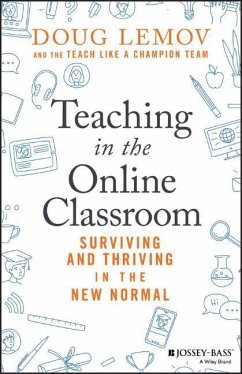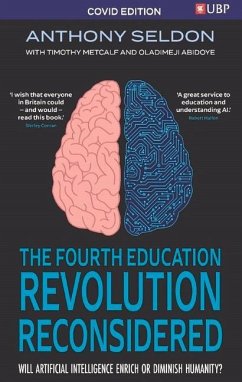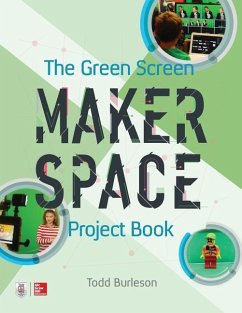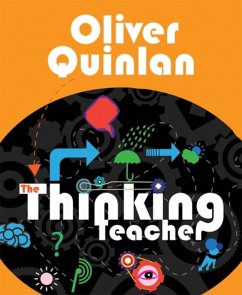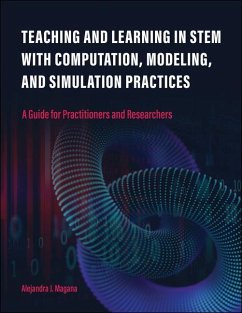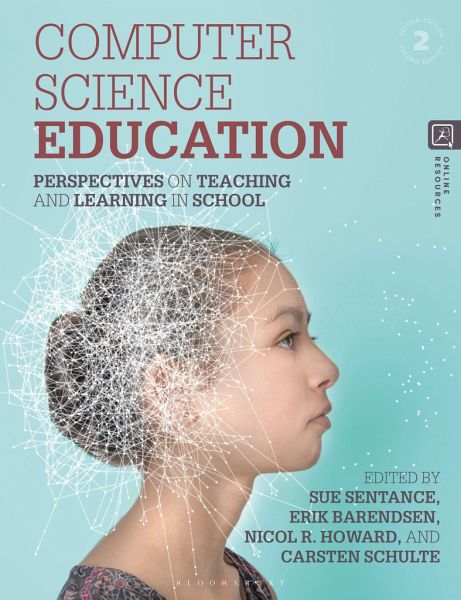
Computer Science Education
Perspectives on Teaching and Learning in School
Herausgeber: Sentance, Sue; Schulte, Carsten; Howard, Nicol R; Barendsen, Erik
Versandkostenfrei!
Versandfertig in über 4 Wochen
37,99 €
inkl. MwSt.

PAYBACK Punkte
19 °P sammeln!
Drawing together the most up-to-date research from experts all across the world, the second edition of Computer Science Education offers the most up-to-date coverage available on this developing subject, ideal for building confidence of new pre-service and in-service educators teaching a new discipline. It provides an international overview of key concepts, pedagogical approaches and assessment practices. Highlights of the second edition include: - New sections on machine learning and data-driven (epistemic) programming - A new focus on equity and inclusion in computer science education - Chap...
Drawing together the most up-to-date research from experts all across the world, the second edition of Computer Science Education offers the most up-to-date coverage available on this developing subject, ideal for building confidence of new pre-service and in-service educators teaching a new discipline. It provides an international overview of key concepts, pedagogical approaches and assessment practices. Highlights of the second edition include: - New sections on machine learning and data-driven (epistemic) programming - A new focus on equity and inclusion in computer science education - Chapters updated throughout, including a revised chapter on relating ethical and societal aspects to knowledge-rich aspects of computer science education - A new set of chapters on the learning of programming, including design, pedagogy and misconceptions - A chapter on the way we use language in the computer science classroom. The book is structured to support the reader with chapter outlines, synopses and key points. Explanations of key concepts, real-life examples and reflective points keep the theory grounded in classroom practice. The book is accompanied by a companion website, including online summaries for each chapter, 3-minute video summaries by each author and an archived chapter on taxonomies and competencies from the first edition.



